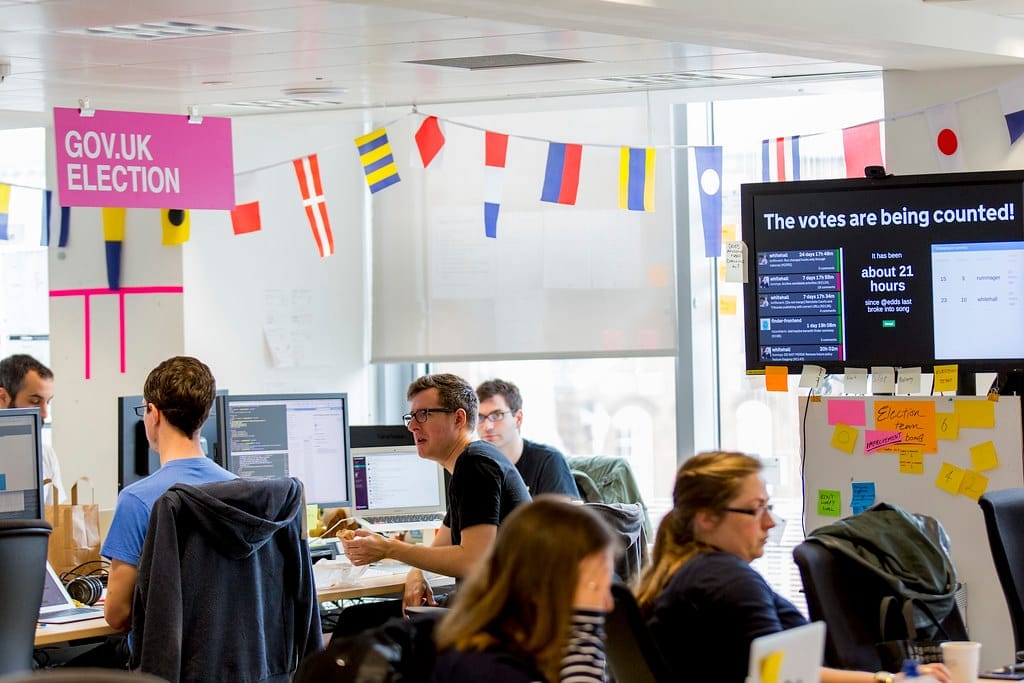
The weight of responsibility in the decision-making of the soon-to-be-elected government during the remainder of 2024 is enormous, writes Amanda Brock, CEO, OpenUK. Decisions made in this short time will set the pathway to the UK’s digital future for decades. The impact of these choices will be irrevocable and their impact long-term on the UK and its economy. Their importance cannot and must not be underestimated.
Whoever the election victors are, their decisions on digital and AI will have an irreversible impact over the next 30 years. This will be a key factor in the UK’s economic success and its citizen’s security and safety. Without wishing to scaremonger, the UK is on a teeter totter and the outcome will determine its future in an evolving and dangerous time.
The late-mover route to legislation, (whether intentional or not in a post-Brexit Britain is irrelevant), enables the UK to use hindsight and build on its recent approach to AI tools to manage technical challenges rather than simply legislating. This may just enable the UK to win the European race and to capitalise on emerging tech to grow its economy. If the UK takes a route to legislation similar to that of the EU - paternalistic, overly-detailed, and rigid legislation - that couldl see the potential for a bright AI and digital future disappear into the sunset.
A principles-based approach focused on the tools controlling technology still requires structure. Codes, policies, and rules to manage the country’s goals must be put in place and follow a set of principles set by the government. These principles are the foundation for a secure digital future. Secure in terms of bad actor attacks and threats to our digital environment, but also in terms of UK economic growth.
Technology today is managed by automated tools and processes Tools enable compliance without overburdening innovators with unachievable legal requirements and vast swathes of standards. Tools that are open-sourced - as the AI “Inspect” evaluation platform has been - enable access and avoid regulatory capture.
This is achieved by removing the massive resource burden of legislative compliance, through open source tooling replacing risk professionals. Where the tools enable and demonstrate compliance becoming a de facto standard, and in this way allow commercial competition.
Without some such demonstrable measure, smaller players struggle to take on the required contractual liability. Where insurance is unavailable or expensive, these new and small players may not be able to bear the liabilities of contracts that customers expect. Only the big players can achieve that through self-insurance and having the resources to stand behind uninsurable liabilities. Such an environment inevitably hinders competition, innovation and growth.
Standard Development Organisations being used to effectively give standards the weight of law, as we are seeing in the EU, enable their members to influence the content of those standards and to build patents in the space also prohibiting competition even where FRAND (Fair Reasonable and Non-Discriminatory) licensing is applied.
The UK must take lessons from other regulatory approaches which effectively risk perpetuating the status quo, where our digital landscape is controlled by a few companies and enable innovators and competiton.
If the parties need some help in these digital decisions the parties could do worse than take a look at The Open Manifesto which offers a route to skills building, enabling the public sector to build a better digital environment than our European counterparts and ensure AI openness for the future.